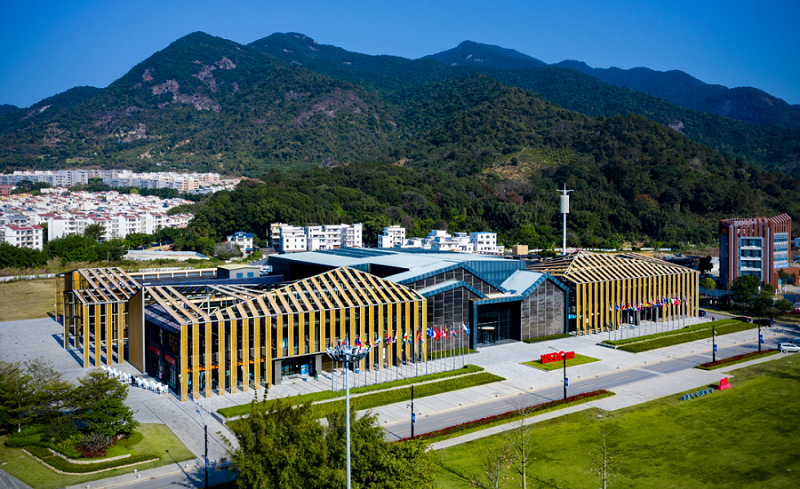
In December, 2018, with the support of the United Nations Industrial Development Organization, the Ministry of Industry and Information Technology of the People's Republic of China, the People's Government of Guangdong Province, and the China Light Industry Federation, the World Eco-Design Conference (WEDC) was founded by design organizations, institutions, enterprises, and institutions from more than 30 countries and regions, and granted consultative status with the United Nations Economic and Social Council (ECOSOC) in December 2021. Relying on the settlement of the World Eco-Design Conference, a small village which used to be backward has been transformed into an Eco-Design Town, and became a glorious name card of the world’s eco-design, providing a Guangdong example for China’s rural revitalization.
The "Examples of China's Rural Revitalization in Guangdong Province" Research Report Series was jointly launched by theory.southcn.com and Guangdong-Hong Kong-Macao Greater Bay Area Research Center for Collaborative Development of Emerging Industries. The Report has selected representative cities in Guangdong as the objects of in-depth investigation, for a collection of typical examples of rural revitalization in Guangdong, and to summarize the practice and innovation of rural revitalization in Guangdong.
The research was hosted by Lu Jianbao, deputy director of the Guangdong-Hong Kong-Macao Greater Bay Area Research Center for Collaborative Development of Emerging Industries, researcher of the Institute of Freetrade Zones of Sun Yat-sen University, and postdoctor in economics, and the Characteristic New Think Tank of Universities in Guangdong Province. On March 8th, 2022, Dr. Lu led the research team to visit the Eco-Design Town to learn about the operation mode of mega events and festivals in the rural area and its driving effect on the rural, in order to complete the The Driving Effect of Mega Events and Festivals in the Rural: A Research Documentary on the Eco-Design Town of Tangwei Village, Liangkou Town, Conghua District - “Examples of China's Rural Revitalization in Guangdong Province" Research Report Series (XIII). The Report was published on southcn.com on April 14th.
01.
The research report firstly reviews the important role of Festival and Special Event (FSE tourism in rural economic development. 20 years ago, the Boao Forum for Asia was permanently settled in Boao Town, Qionghai City, Hainan, which catapulted a seaside town to an international destination of Meetings, Incentives, Conventions and Exhibitions (MICE) industry; 8 years ago, the World Internet Conference was permanently settled in Wuzhen, which has made Wuzhen travel boom again, activated rural economy in surrounding has been stimulated; 7 years ago, the permanent site of International Island Tourism Conference was settled in Zhoushan, travelling in Zhoushan Island has become a must-go scenic spot in Zhejiang tours. Apparently, FSE tourism is one of the important driving forces of rural economic development.
02.
The report reviews the transformation process of Eco-Design Town.
FSE promote mutual revitalization of villages and enterprises
In the context of cooperation on Sino-Swiss Low-Carbon Cities Project (SSLCC), the Eco-Design Town is a characteristic town which has taken the World Eco-Design Conference as a leverage. It is co-established by the village collectives and Landcapital Group which has settled in the Town. In 2016, the Memorandum of Understanding (MoU) of Sino-Swiss Low Carbon Cities Project between the People's Government of Guangzhou and the Swiss Agency for Development and Cooperation was signed, and Guangzhou has became one of the cities under the framework of SSLCC; In 2017, the Implementation Agreement on Sino-Swiss Low-Carbon Cities Project Phase I (2017-2018), was signed, which has brought the concept of low-carbon development to the town, and the construction of the Eco-Design Town was kicked off. In 2018, for the hosting of the First World Eco-Design Conference, Landcapital Group cooperated with the government to transform the appearance of Tangwei Village, by building infrastructures and beautifying the living environment. Since then, the Town has literally started its journey to the eco-design.
Idle Rural Property Revitalization
To take mega events and festivals as a leverage, develop rural tourism and provide diversified business. By the planning of revitalizing idle rural properties and local natural resources, the Eco-Design Town has applied low-carbon and environmental protection technology and eco-design techniques to transform and utilize premises of Liangkou’s comprehensive farmers' market, former Liangming Village Primary School and former toothpick factory. The Liangkou’s comprehensive farmers' market has been transformed into the WEDC Convention and Exhibition Center, the Liangming Village Primary School has been transformedinto the Wanqu Open University of Design, and the toothpick factory has become a boutique hotel and a "Red Pavilion" creative space for live stream marketing. Through the transformations on the farmers' market, abandoned school and factory, the Town has built an industrial cluster area for multiple functions, such as conferences, innovation and entrepreneurship incubation, hotel and cultural tourism etc. Apart from the transformations on old premises, the Eco-Design town has also relied on Conghua Liangkou helicopter landing area, to build Dayu Aviation Base, fostering a training base for Guangzhou characteristic aviation study tour. The Town has fully integrates the land resources of Tangwei Village, Liangming Village and Liangping Village to make full use of the aviation resources of Liangkou Town, which has improved the local land use efficiency, and revitalize the land without additional construction land and occupying the villagers' farm land.
High-end Positioning for Project
By relying on the World Eco-Design Conference and being supported by platforms of Wanqu Open University of Design, Guangdong Research Institute of Eco-Industrial Design and consulate generals in Guangzhou, the Eco-Design Town is able to "bring in and go out". The Eco-Design Town is the designated site for the World Eco-Design Conference, which has attracted more than 30 countries to participate every year. The Town has played the roles of coordination and implementation for the ideas, resources and industries in the Conference. For example, through the cooperation among Wanqu Open University of Design, Zhejiang University, Ningbo University and institutes in the UK and Thailand, students have the opportunities to exchange and cooperate with each other, and be jointly cultivated by different institutes; Through Guangdong Research Institute of Eco-Industrial Design, the Town connected with some academicians, to create an academician base, which provides them a good place for research, exchange, leisure and rehabilitation. The arrival of the academicians has brought more vitality to the Town; Through the consulate generals in Guangzhou, the Town has established a connection with the Consulate General of France in Guangzhou. The Town will engage in cultural exhibitions, science and technology exhibitions etc.
03.
The analysis of the report focuses on the driving effect on economy by mega events and festivals in rural in the case the Eco-Design Town. The operation and management of the Eco-Design Town are mainly run by enterprises, there are more than 100 management staff, where more than 80 are local villagers. The staff of the Conference Center and hotel, technicians of the aviation base are all under the management of Landcapital Group. The profits of the Town come from rentals of the Conference Center, incomes of the hotel and the aviation base. At present, the Eco-Design Town has driven more than 80 small and medium-sized enterprises to start businesses, which has increased a revenue of 6 million yuan for several administrative village collectives in the surrounding.
Employment Promotion and Income Increasing for Villagers
Leading enterprises and small and medium-sized enterprises were introduced to settle in the Eco-Design Town. The large number of enterprises settled in the Town has created plenty of jobs and addressed the unemployment for more than 100 villagers. In the past, villagers only engaged in farming, they depended on a single source of income. In addition, since they had high risk of agricultural production, their incomes were unstable, with an average monthly income of slightly above 2,000 yuan only. Nowadays, villagers can work in the Eco-Design Town, and their income has reached to 3000-4000 yuan per month, which is higher, stabler and more reliable than before. Moreover, the villagers live nearby, it only takes a few minutes to commute to the workplace, realizing a truly work next door. The villagers work and live in the village, and the cost of living is lower than living in the city.
Self-employment for Villagers
The settlement of the Eco-Design Town has attracted a large number of tourists, who have brought a lot of consumer demand. Villagers seize this opportunity to start their own businesses, and they have high willingness to transform their houses into Bed and Breakfast (B&B) and restaurants with low cost. So far, there are 26 B&Bs and 6 restaurants transformed from villagers’ houses. Once in peak season, or during the World Eco-Design Conference, the incomes of villagers would be increased by the well-paid from providing B&Bs and catering.
Land Circulation to Increase Villagers' Dividend Income
In the past, the villagers only grow litchi on their lands. Poor sales channels had caused litchi went begging resulting in a lot of waste. In addition, the litchi was not further processed, and its economic added value of was low. The villagers spent a year on planting without being well-paid. Some villagers were less willing to plant, and chose to go out for work, which caused vacant land in the village. Now, the villagers hand over the land to the economic cooperative for management, which then the economic cooperative negotiate with the Eco-Design Town. The Town agreed to expropriate the land for the cost of 16,200 yuan per square kilometer, so that the abandoned land can recirculated and revitalized, so as to build large-scale projects and improve the living environment, and also enable the villagers to obtain good incomes. In addition, the economic cooperative circulates part of the land lease at one-off, and put some on lease at a price of 225 yuan per square kilometer, which brought the villagers dividends varies from 1000 yuan to 2000 yuan every year.
04.
At the end of the research report, the research team put forward constructive suggestions for the Eco-Design Town to further enhance the popularity of the rural characteristic town by further developing the rural area and being international.
Branding
The Eco-Design Town has improved its brand value and gained certain local popularity in just a few years. To further expand the brand popularity, we can firstly take the parents and children in middle-class in Guangzhou as an entry point to publicize the event services of the Eco-Design Town, and improve the constructions of starlight tent base, aviation research base and unpowered paradise at the entrance of the Conference Center, so as to promote the exhibitions by tourism. Secondly, eco-design thematic live streaming can be arranged, starting from themes, e.g. fashion, model airplane,, art, crafts and so on, forming a brand collection of the Eco-Design Town.
Internationalization
The World Eco-Design Conference is open to domestic, yet it is more open to the international. Internationalization is the best label of the Eco-Design Town. When the pandemic of Covid-19 is stabilized, the Town shall make full use of the World Eco-Design Conference to attract countries to attend from all over the world. The Eco-Design Town can take this opportunity to actively cooperate with other countries to bring up international projects. The Wanqu Open University of Design fostered by the Town can also take the opportunity of cooperation and exchange with universities at home and abroad to provide better pay for domestic and foreign talents to start businesses and get employed in the Town, so as to attract them to settle in the Town. After the pandemic is stabilized, it is proposed to exhibit the innovative design products of the Town, helping them to go global. Next, the Eco-Design Town will continue to take the World Eco-Design Conference as a leverage and actively carry out exchanges and cooperation with other countries.
Fashionization
To rely on the concept of fashionizatin and take the Fashion Park as a leverage. The Town increases trendy transformation for the Park, strongly introduces well-known brandy fashion enterprises to settle in the Town. The Town manages and vitalize the existing Designers’ Village in a flexible way, to attract high-end design talents from all over the world. It combines fashionable elements of cites with the unique natural environment and ecological landscape of countrysides to create a fashionable village.
Localization
The native natural environment of the rural area, villages and buildings, traditional food, intangible cultural heritage culture and local talents etc., are all important carriers of mega events and festivals. Tangwei villagers own more than 6.7 square kilometers of high land for litchi farming. In virtue of a large number of tourists in the Town, the sales volume and brand design of local high-quality litchi by-products have been promoted. Liangkou Town is rich in intangible cultural heritage and there are many traditional craftsmen within, many of whom are inheritors of Conghua’s intangible cultural heritage. The Eco-Design Town shall activate the intangible cultural heritage resources of the Eco-Design Town, combine the intangible cultural heritage with ecotourism, and set up a rural intangible cultural heritage art studio, so that more tourists can know more and be fond of Conghua's intangible cultural heritage. At the same time, the Eco-Design Town is adjacent to many colleges and universities, which enables the Town to establish discipline companies and build a School Enterprise-Industry-University-Research platform by cooperating with their relevant faculties. The introduction of college teachers and students will be helpful for them to get access to the Eco-Design Town, stimulate the advantages of college talents reserve and facilitate the development of related industries in the Eco-Design Town.
Source: Southcn.com > Theory.southcn.com> The Driving Effect of Mega Events and Festivals in the Rural: A Research Documentary on the Eco-Design Town of Tangwei Village, Liangkou Town, Conghua District - “Examples of China's Rural Revitalization in Guangdong Province" Research Report Series (XIII) Lu Jianbao, Lin Dinghao, Chen Xudong
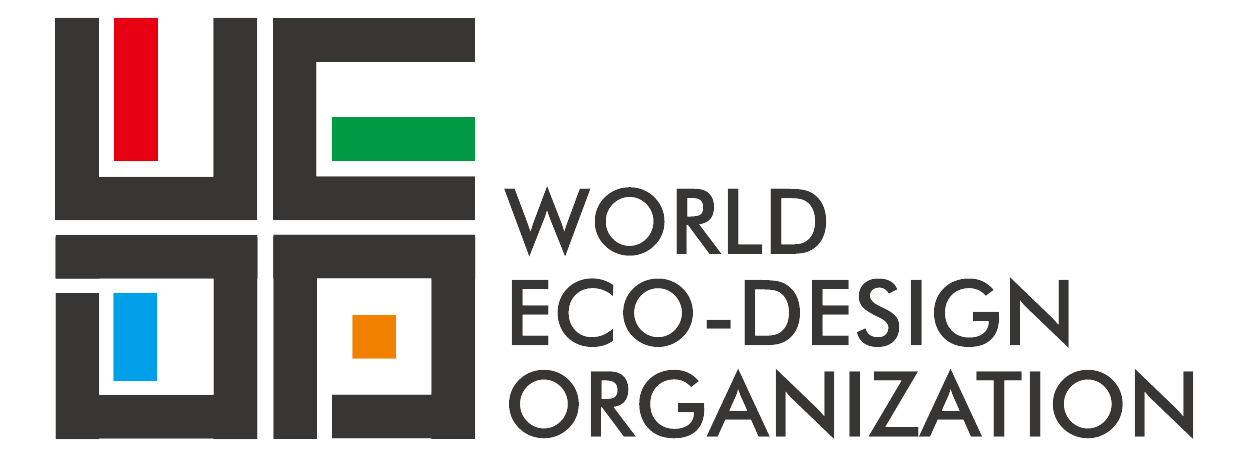





 en
en


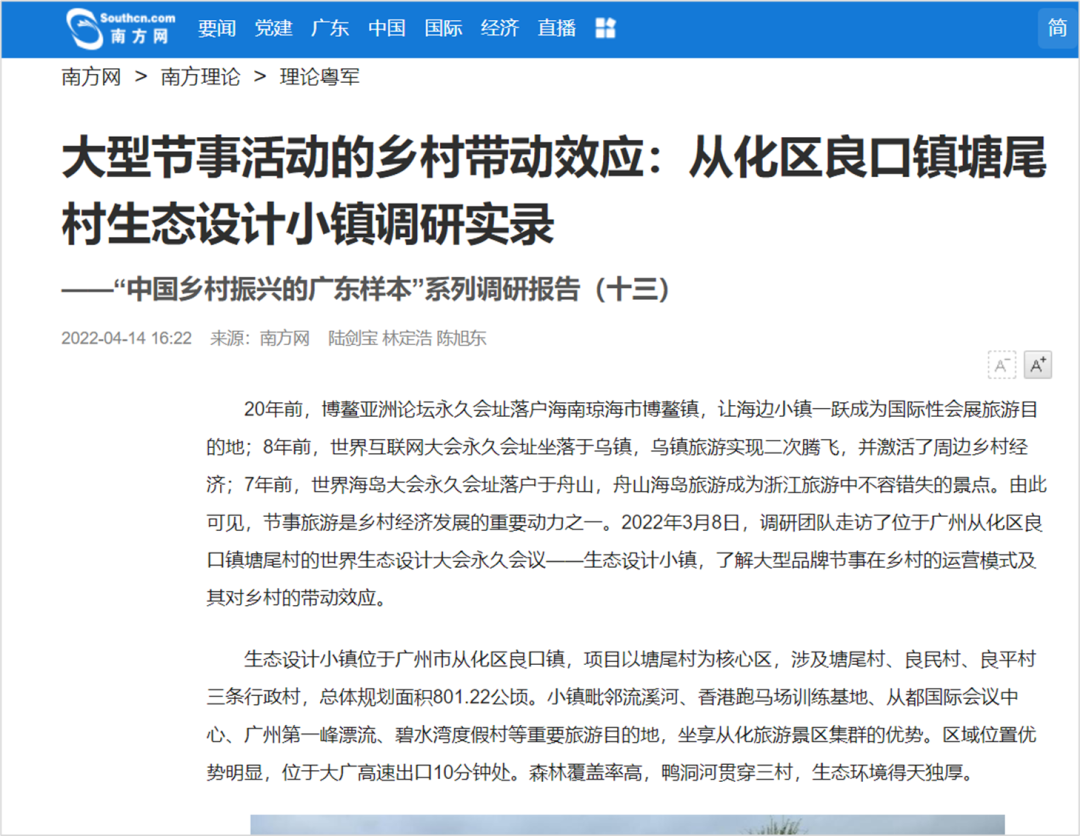
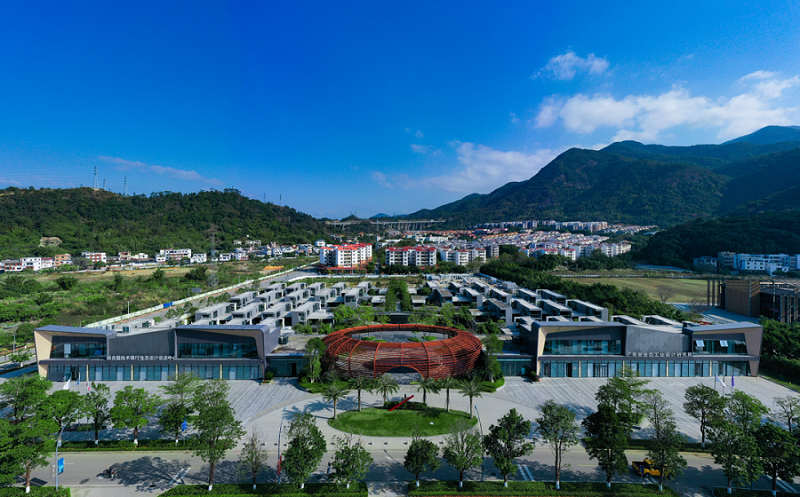
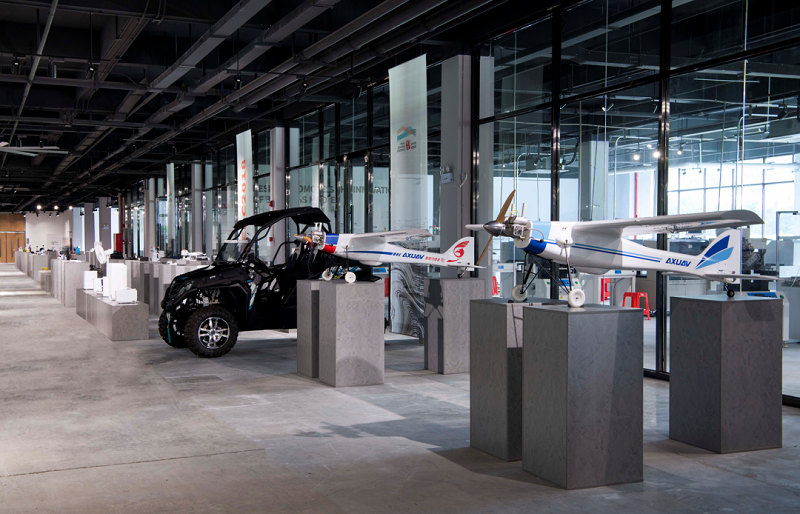
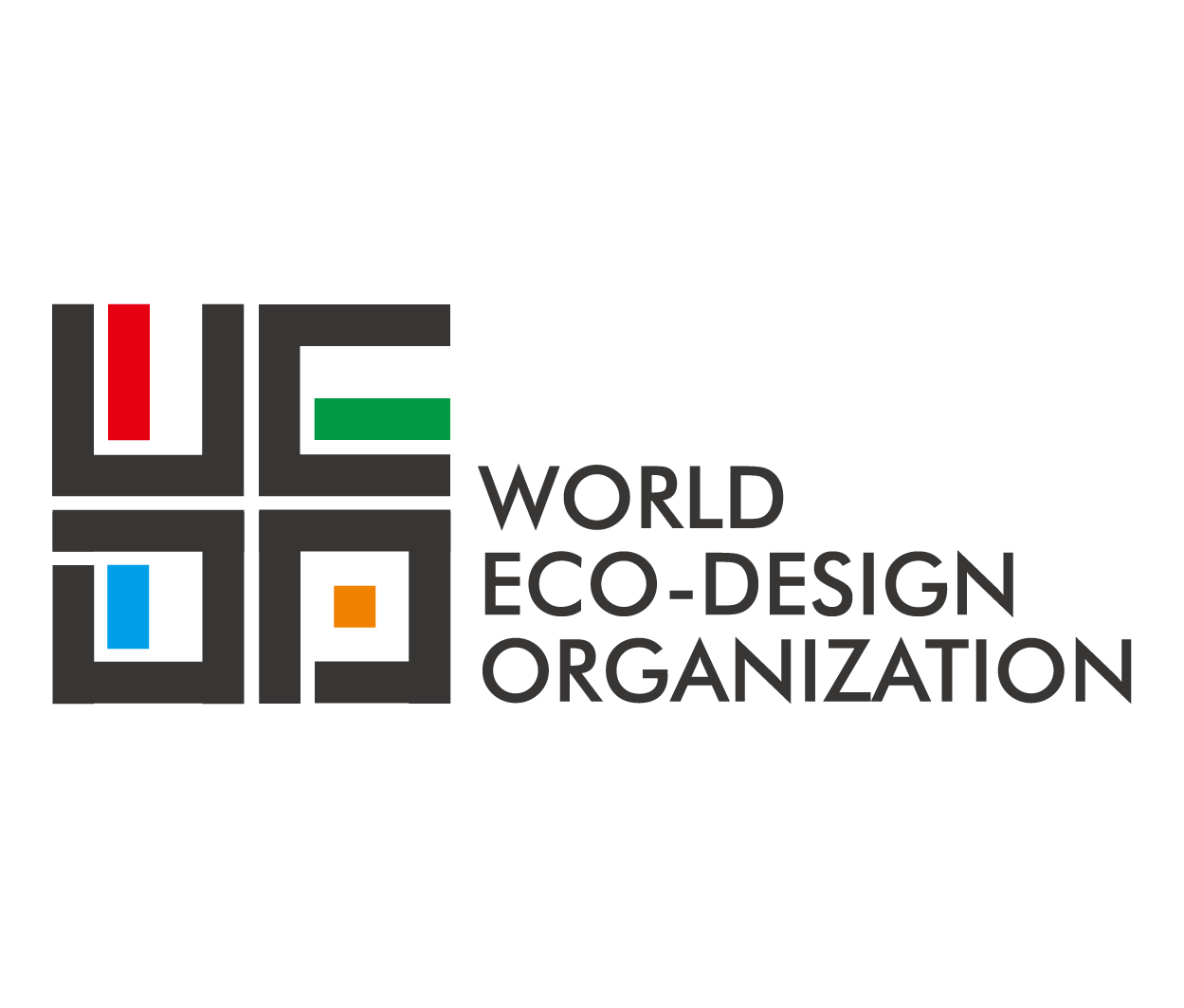
 Guangzhou,China
Guangzhou,China +86 - 19925740779
+86 - 19925740779 wedc@vip.126.com
wedc@vip.126.com










